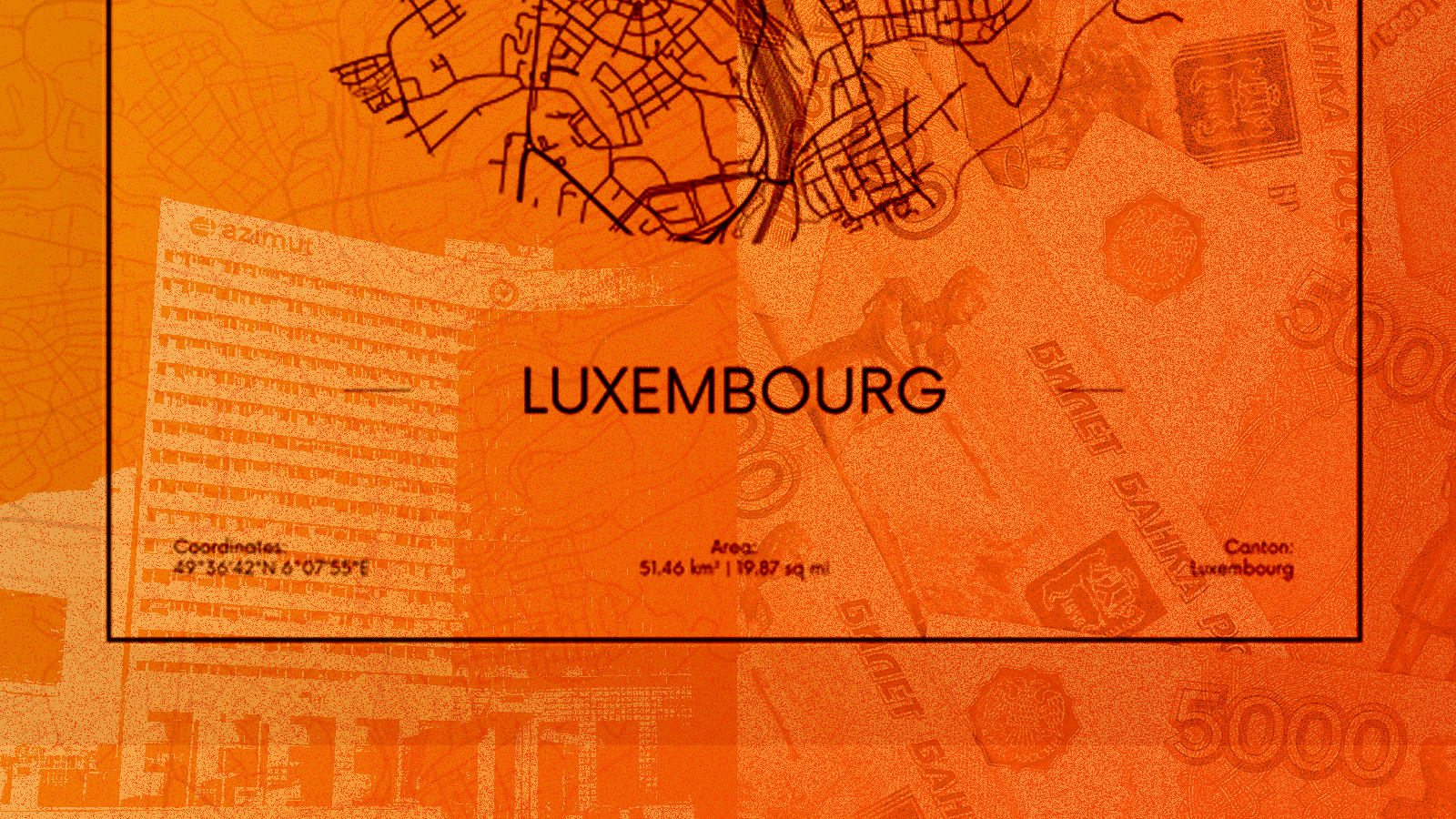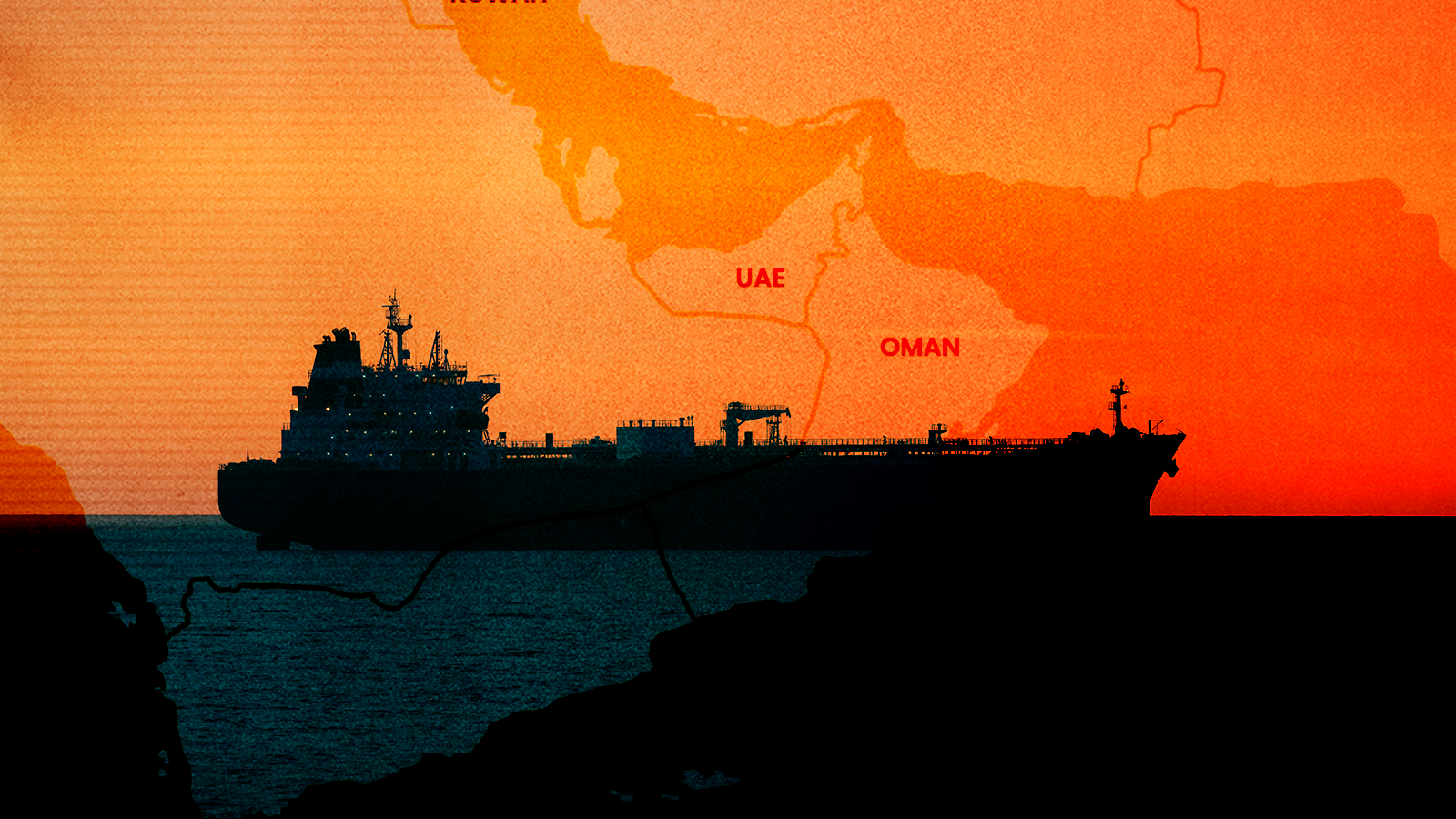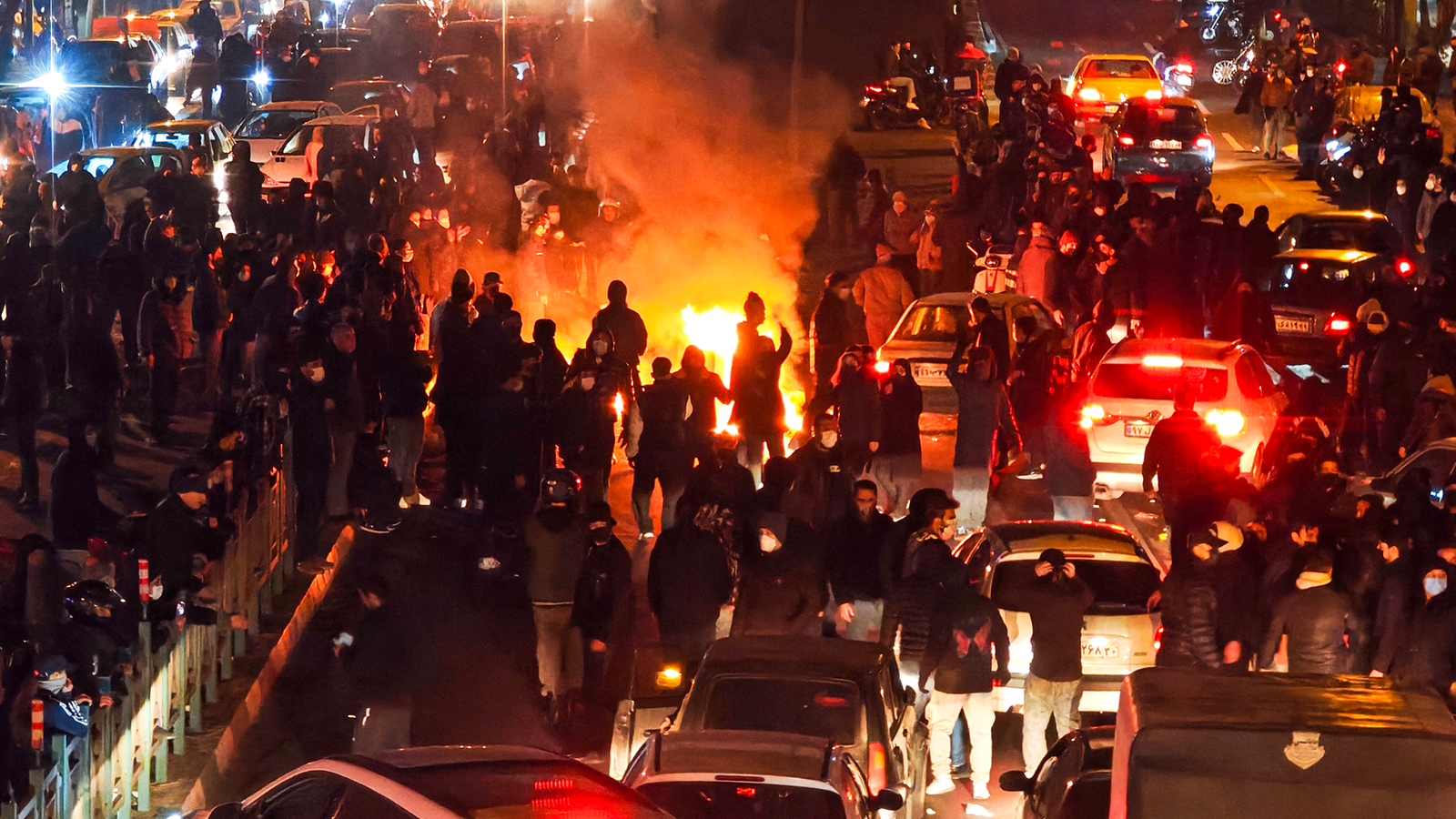Kharon began tracking a Luxembourg-based holding company, Altair Holding S.A., as far back as July 2023—a year and a half before the U.S. designated an Altair-owned Kyrgyz bank for its role in a scheme to evade Russia sanctions. In August, the U.K. designated Altair itself for the same reason.
That latest move, targeting a company within EU borders, underscored the West’s growing crackdown on Russia sanctions circumvention. Yet Altair and its broader network reflect how Russian business has continued to find facilitators and safe havens for its money in Western Europe and Central Asia, three and a half years into the country’s bloody war in Ukraine.
Starting with Altair, Kharon traced a spectrum of Russian international interests, connecting to a billionaire’s empire that was jolted by a curious Russian court case, one that appeared less a matter of law than of leverage.
Notably, when announcing sanctions on Keremet Bank in early 2025, the U.S. Treasury Department did not identify Altair Holding by name but noted that the Kyrgyz lender had been sold “to a firm strongly linked to a Russian oligarch with ties to the Russian government.”
Shifting shareholders: The latest publicly available ownership disclosures for Altair Holding date to October 2014, as the Luxembourg Trade and Companies Register restricts access to corporate ownership records. On the 2014 records, Eriks Martinovskis, a Latvian-born, Luxembourg-based businessman who specializes in financial management, was listed as the company’s sole shareholder. No subsequent ownership filings for Altair Holding have since been made public by the Luxembourg Register, however, a lawyer for Mr. Martinovskis confirmed to Kharon that Martinovskis “transferred 100% ownership in 2014” and has not held any ownership interest since that date.
A January 2025 report by the Organized Crime and Corruption Reporting Project (OCCRP), published after the U.S. designation of Keremet Bank, reported that Altair Holding had undergone multiple changes in ownership over time and identified its current owner as Brian William Hodge, a British national with business ties in Russia. Corporate records seen by Kharon also show that Hodge holds a significant ownership stake in Altair Holding’s U.K. subsidiary.
According to corporate records, since transferring his stake in Altair over a decade ago, Martinovskis has served in management roles for several European affiliates of Russian companies, including a subsidiary of Gazprom, the majority-state-owned energy giant.
Disclosures from 2025 also say he manages three Luxembourg companies that ultimately preside over the Western European wing of Azimut Hotels, one of Russia’s largest hospitality brands, with a footprint that straddles both domestic and international markets.
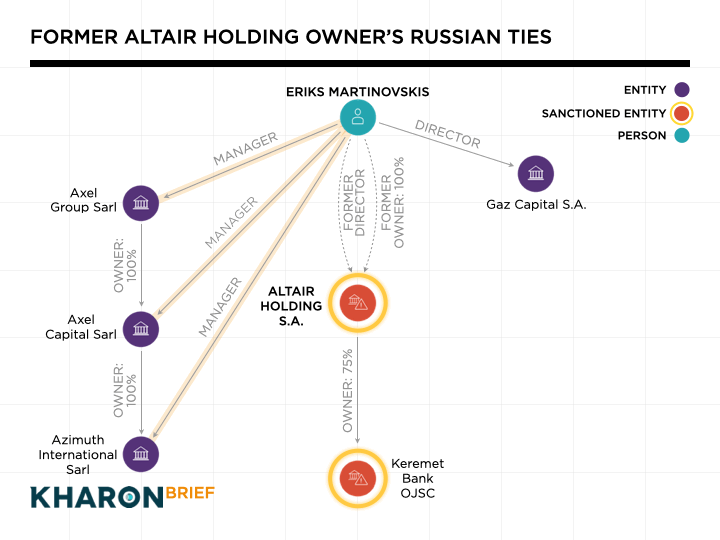
The billionaire: Azimut entered Western Europe in 2008 and went on to operate mainly within Austria and Germany. It successively sold off its European hotel portfolio after the start of the war in Ukraine, though the corporate vehicles behind those assets remain active.
The Azimut brand’s founder, Aleksandr Klyachin, is a Russian real estate magnate whom Forbes has ranked in the past as one of the country’s wealthiest businessmen.
- Klyachin’s son Ilya Klyachin is a leader of Azimut’s European branch; some Russian sourcing describes Ilya as its owner.
- Aleksandr Klyachin controls the Azimut business and owns its Russian wing.
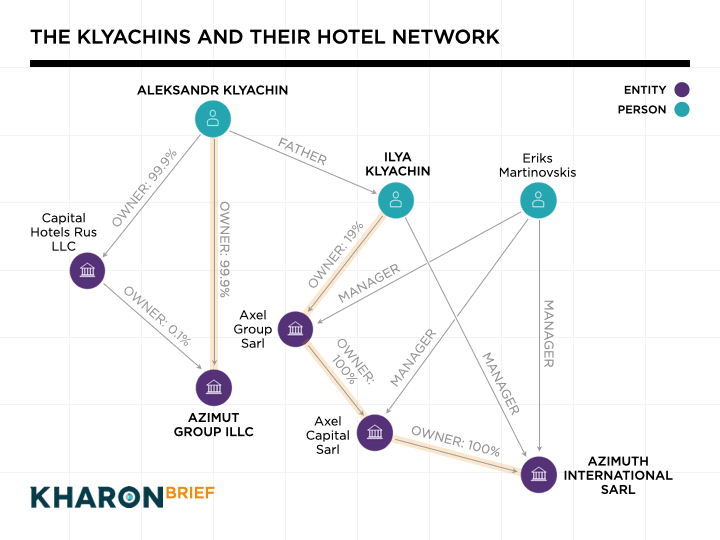
Nonetheless, as the first year of international sanctions squeezed its wartime economy, the Russian state seized much of Klyachin’s real estate empire. It also briefly took control of the Russian side of Azimut Hotels.
The European side, however, remained untouched, fully accessible to Klyachin.
The comeback: It’s unclear what took place in the interim, but this past spring Klyachin reportedly agreed to reacquire his nationalized companies from the Federal Property Management Agency, at well under market value.
But Russian institutional actors had gained a cut.
A new company, KR Plus LLC, now owns much of Klyachin’s real estate assets across Russia. While its ownership and leadership have been redacted in Russian corporate records, industry sources and government documents reviewed by Kharon show that Klyachin holds a 49% stake in it. The other 51% belongs to a firm indirectly owned by Sberbank Capital LLC, a U.S.-sanctioned subsidiary of widely sanctioned Sberbank.
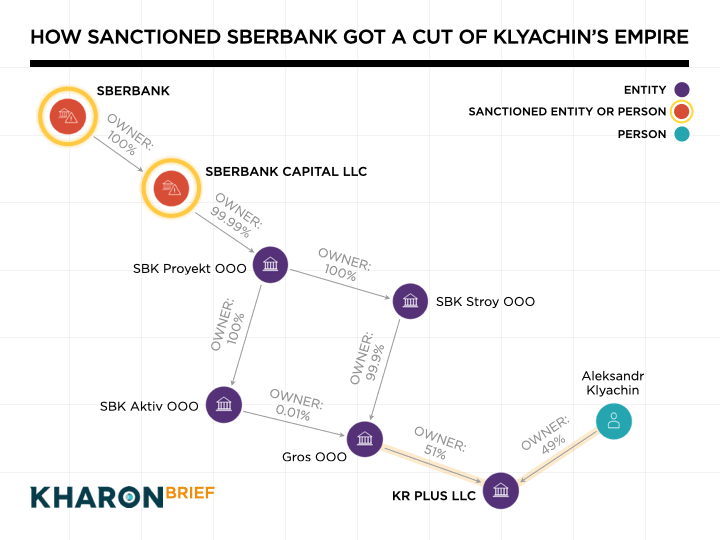
Last month, withdrawn from Austria and Germany but still under Klyachin’s control, Azimut Hotels announced that it had taken over management of “an iconic five-star hotel” in the center of Uzbekistan’s capital city. “It will become,” a press release said, “the chain’s first premium property in Central Asia.”
More from the Kharon Brief:



